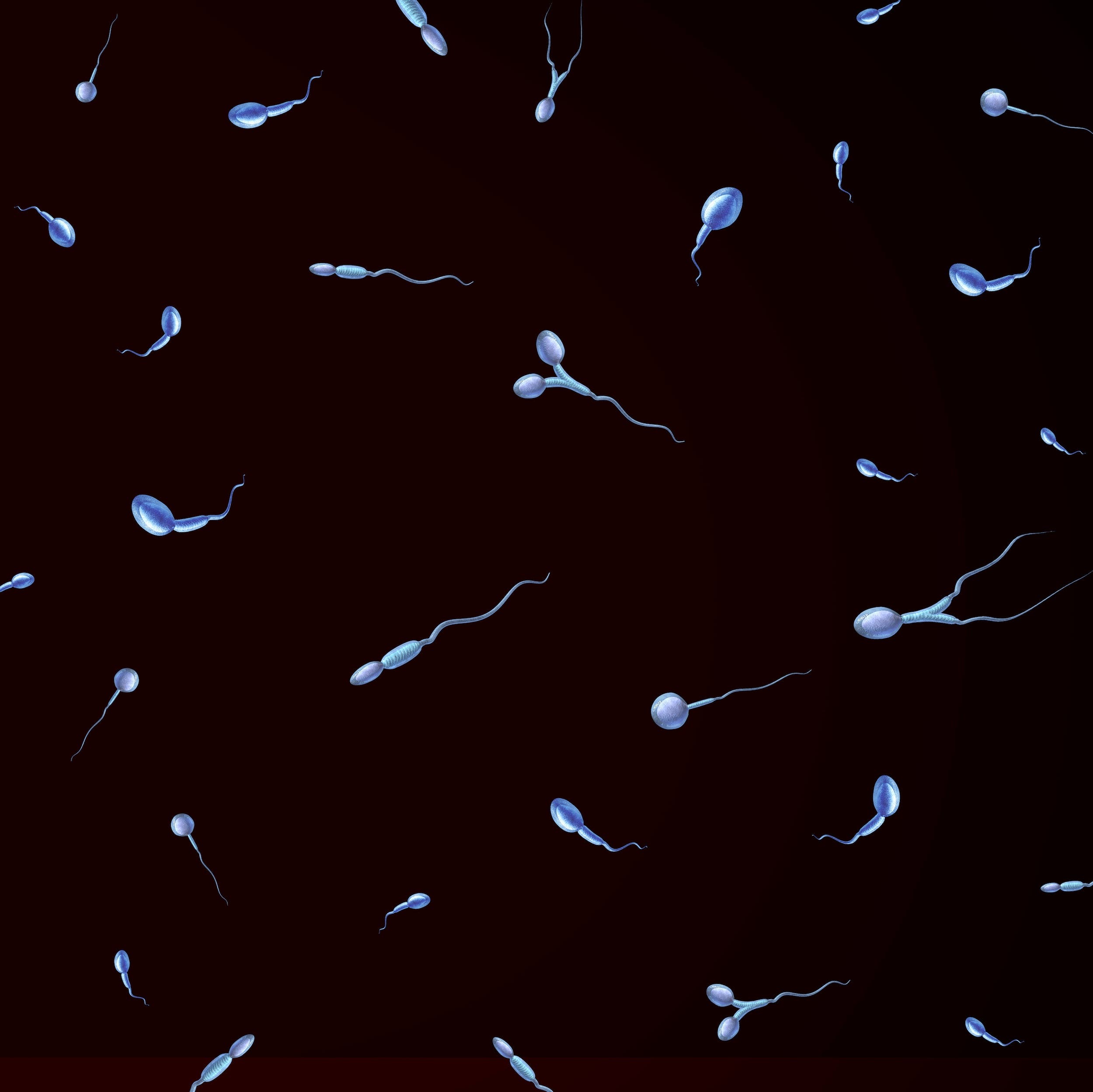This is Part 1 of a three-part series exploring the views of Christianity, Judaism and Islam on infertility treatments. This is an important and intensely personal topic, and one that we encourage you to discuss with your faith leaders.
Most resources focus specifically on couples seeking IVF treatment, not necessarily men seeking to test and freeze their sperm. Therefore, there is no clear answer, but generally speaking, from least permissible to most permissible is:
- Donating your sperm to others (least permissible);
- Using sperm for IVF with your partner (mixed, including based on method of collection);
- Treating infertility with a doctor’s permission (most permissible).
All of our clients can choose their method of collection and how they wish to use their deposit, including simply keeping it as a back-up in case of issues in the future. Of course, all clients receive a full analysis of their sperm, including actionable recommendations.
In our analysis, we consider three of the largest branches of Christianity, which broadly speaking, view the topic as follows:
- Protestant: Most Protestant churches “have more liberal attitudes towards the traditional infertility workup and treatments”, but [sperm and egg] donation is forbidden.
- Roman Catholic: Reproductive technology is considered “morally right” if it plays an assisting role in helping marital intercourse achieve its “procreative potential”.
- Greek Orthodox: While the Orthodox church can’t support assisted reproduction, it also does not outlaw relying on medical help.
We encourage you to reach out with your thoughts and views.
—
Pastor Elizabeth Hagan knows only too well that the Christian church sometimes “gets infertility wrong”.
Having struggled with fertility issues herself for eight years, Hagan recently penned an op-ed for Time magazine in which she talks about those who presume to judge, comfort with platitudes, appropriate fertility struggles for object lessons about miracles, decry infertility as arising from a sinful nature, or suggest adoption as a cure-all.
She suggests that the church could be of greater help if it would extend compassion and clear up misunderstandings about basic beliefs concerning fertility.
In a March 2016 study entitled Religious Aspects of Assisted Reproduction, H.N. Sallam of the Department of Obstetrics and Gynecology and Alexandria Fertility and IVF Center in Alexandria, Egypt provided an overview of various faith traditions and their beliefs in this area of life.
When it comes to Christianity, Sallam notes many factions that have arisen since the early days of Christianity to the present, including Orthodox, Roman Catholic, and several Reformation-based, or Protestant, movements.
Protestant
When it comes to Protestant churches, there can be as many sets of general beliefs as there are denominations – and even then, not everyone within specific denominations agrees on what is appropriate. However, Hallam points out that those denominations in support of IVF confine its implementation to married couples.
Hallam also explains that, excepting Christian Scientists, most Protestant churches “have more liberal attitudes towards the traditional infertility workup and treatments”. Still, “gamete donation is forbidden”. Christian Scientists, it is noted, do not forbid artificial insemination as long as it involves the husband’s sperm.
The Anglican Church (Church of England and The Episcopal Church in the U.S.A.) – which began when King Henry VIII split with Rome over, among other issues, whether he could divorce one wife in favor of marrying another who might bear him a male heir – allows assistive reproductive technologies, including IVF, and also permits medical professionals to collect and use sperm following masturbation.
Resources concerning Christian beliefs and fertility treatments abound, with many citing scriptural references and commentary. One, called the Christian Medical Fellowship, provides a wealth of references while also stating plainly at the outset the importance of coming to grips with ideas and arguments “in a way that is consistent with God’s plans and purposes”.
Roman Catholic
According to the Web site Catholicinfertility.org, a reproductive technology is considered “morally right” if it plays an assisting role in helping marital intercourse achieve its “procreative potential”. However, any procedure that takes the place of or inhibits the role of marital intercourse is considered “immoral”.
Indeed, a study on Vatican view of human procreation explains the 3 leading principles related to the family, the child and reproduction:
- The protection of the human being from the moment of its conception;
- The child is the fruit of marriage, as God commends husband and wife to have children; and
- Integrity and dignity norms must be taken into consideration in all these matters
Specific reproductive technologies deemed to be in conflict with Catholic teachings include collecting a semen sample via masturbation; artificial insemination that occurs in tandem with masturbation; and, in-vitro fertilization, zygote intra-fallopian transfer, intracytoplasmic sperm injection, ovum donation, and “surrogate” uterus.
Reproductive technologies that fall in line with Catholic teachings include doctors’ opinions of both spouses regarding infertility, sperm count and viability tests (taken after routine intercourse), evaluation and treatment of male infertility factors (seminal samples are to be obtained from a non-lubricated condom following intercourse), and appropriate correction of organic problems with female or male infertility (typically by surgery).
Greek Orthodox
The Orthodox faith (from two Greek words meaning “right” and “belief”) includes groups that split with Rome following the Great Schism between eastern and western Catholicism in 1054. As with Protestant groups, all churches identifying as Orthodox do not share entirely uniform beliefs.
However, M. Nikolaos, writing for the Bioethics Committee of the Holy Synod of the Church of Greece, published a 2008 study entitled, The Greek Orthodox Position on the Ethics of Assisted Reproduction.
He notes that all humans are defined by possessing a beginning but not an end. As a result, “conception constitutes an event of unique importance” and “reproduction without sexual intercourse must be seen with concern”.
Reports (1, 2) from of the Bioethics Committee of the Church of Greece suggest the Eastern (Greek) Orthodox Church is not as strict as the Roman (Latin) Catholic Church regarding assisted reproduction. Specifically, it “allows the medical and surgical treatment of infertility including IUI using the husband’s sperm but cannot accept IVF and other assisted reproductive techniques, surrogate motherhood, donor insemination and embryo donation”.
While Nikolaus explains that the Orthodox church can’t support assisted reproduction, it also does not outlaw relying on medical help. At the same time, though, Nikolaus stresses that the Orthodox church advocates that couples resorting to the benefits of medicine “render their life into the hands of God” and suggests they hold “a non-secularized perception on life that guarantees simplicity, peace, abstinence and mutual trust between spouses”.
Other sites are similarly comprehensive, thoughtful, and informative – aspects that, along with a trusted faith leader’s guidance, should help to assure those who determine that the preservation of their assets is in line with their personal beliefs and objectives.


